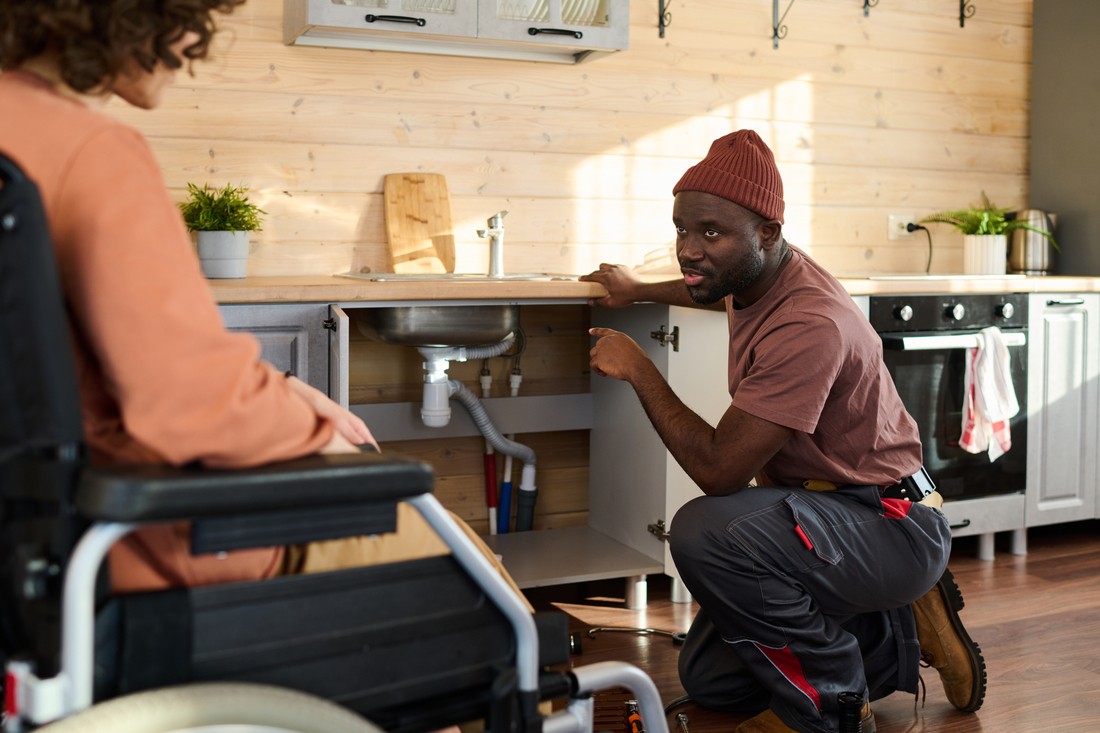
Introduction
Water damage can be devastating, causing significant financial loss and emotional distress. It is crucial to take proactive steps to protect your valuable items from potential water damage. In this article, we will provide comprehensive insights on how to safeguard your valuables effectively.
1. Understand the Risks

Before implementing preventive measures, it’s essential to understand the potential risks your valuables may face. Common sources of water damage include:
- Leaking pipes
- Burst pipes
- Flooding
- Roof leaks
- Appliance malfunctions
2. Proper Storage
Ensuring that your valuables are stored safely is crucial for protecting them from water damage. Consider the following storage tips:
- Store items in waterproof containers or bins.
- Elevate stored items off the ground to prevent potential water seepage.
- Avoid storing items in basements or areas prone to flooding.
- Use plastic or sealed covers to protect items from water vapor or condensation.

3. Choose Water-Resistant Materials
When purchasing furniture or other valuables, opt for water-resistant materials. Water-resistant materials will be less susceptible to damage and can be easier to clean and restore. Look for items made from:
- Waterproof or water-resistant fabrics
- Plastic or synthetic materials
- Sealed wood or laminated surfaces
4. Install Leak Detection Systems
Investing in leak detection systems can provide early warning signs, allowing you to address water damage promptly. Consider installing:
- Water leak detectors: These devices can alert you when water is detected in areas prone to leaks, such as bathrooms, kitchens, or basements.
- Flood sensors: These sensors can detect rising water levels and trigger alarms or notifications.
- Smart home monitoring systems: These integrated systems can provide real-time updates and alerts to your smartphone or computer.
5. Maintain Plumbing Systems
Regular maintenance of your plumbing system is crucial in preventing water damage. Hire a professional plumber to:
- Inspect and repair any leaks or damaged pipes.
- Replace old or faulty plumbing fixtures.
- Ensure adequate insulation for pipes, especially in colder climates to prevent freezing and bursting.
6. Use Water Shut-Off Devices
Installing water shut-off devices can minimize potential water damage in case of a leak or burst pipe. Consider the following options:
- Automatic shut-off valves: These valves can automatically turn off the main water supply when a leak or abnormal water flow is detected.
- Smart water shut-off systems: These systems can be remotely controlled and provide real-time monitoring of water usage.
7. Secure Important Documents and Electronics
Protecting important documents and electronics is vital in safeguarding your valuable information. Consider the following measures:
- Store important documents in a fireproof and waterproof safe.
- Make digital copies of important documents and store them securely in the cloud.
- Use surge protectors for electronic devices to prevent damage caused by power surges.
8. Ensure Proper Insurance Coverage
Having the right insurance coverage is crucial for financial protection in the event of water damage. Review your homeowner’s insurance policy to ensure it covers water damage caused by various sources. Consider purchasing additional flood insurance if you live in a high-risk area.
Conclusion
Protecting your valuables from water damage requires proactive measures and careful planning. By understanding the risks, implementing preventive strategies, and investing in the right technologies, you can effectively safeguard your valuable items. Remember to consult with professionals for expert advice and assistance in water damage restoration if needed.
Can I prevent water damage by storing my valuables in waterproof containers?
What should I do if I discover water damage to my valuables?
Important Facts and Statistics:
- Broken pipes tend to be the symptom of another problem, and that problem will also need to be resolved.source
- Major environmental stressors, such as earthquakes and tremors, cause the most severe pipe damage for properties along geological fault lines.source
- The Chicago area alone is losing 22 billion gallons of treated water per year through leaky pipes.source



